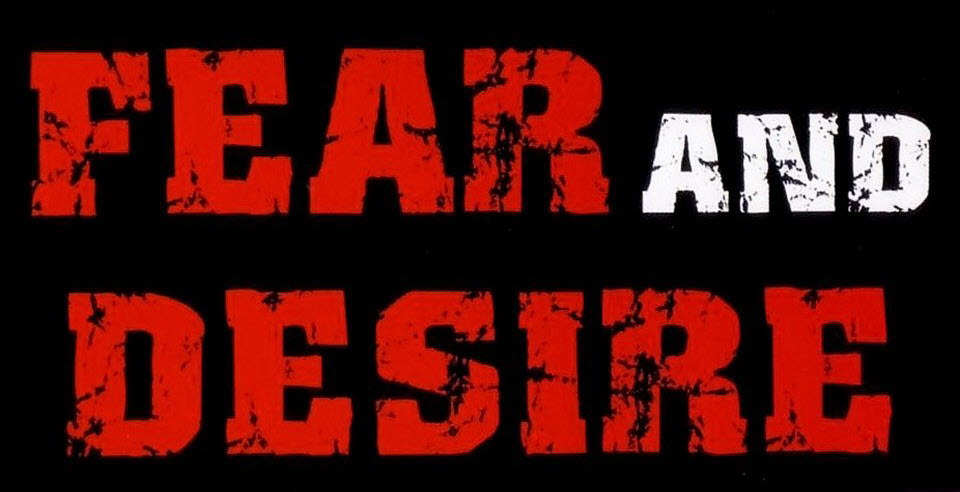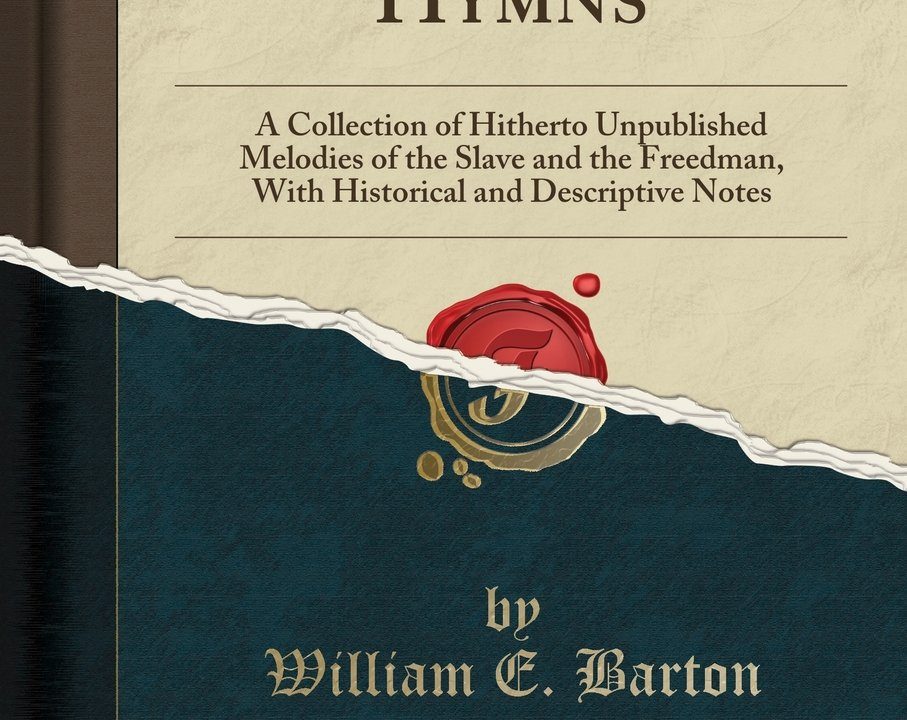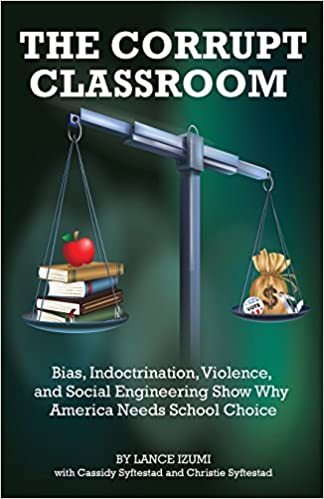Listen to this inspiring talk by Bishop Fulton J. Sheen about the importance of adoration.
 When I was growing up, one saying that I would periodically hear was, “He does not suffer fools gladly.” I thought of that phrase last week when I realized that we are wrapping up the month of April, which means that a third of this year is gone. The reason I thought of the phrase was because the month of April is associated with fools because of April Fools’ Day.
When I was growing up, one saying that I would periodically hear was, “He does not suffer fools gladly.” I thought of that phrase last week when I realized that we are wrapping up the month of April, which means that a third of this year is gone. The reason I thought of the phrase was because the month of April is associated with fools because of April Fools’ Day.
 I hate it when a new word is invented out of thin air and people start using it as though it’s always been a part of their vocabulary. There’s a new word (to me) that I’ve seen in print and heard on numerous broadcasts over the past six months. I’m not sure when the word came into existence. I’ve looked up the definition of the word on three separate occasions, and I still can’t explain in simple terms what it means.
I hate it when a new word is invented out of thin air and people start using it as though it’s always been a part of their vocabulary. There’s a new word (to me) that I’ve seen in print and heard on numerous broadcasts over the past six months. I’m not sure when the word came into existence. I’ve looked up the definition of the word on three separate occasions, and I still can’t explain in simple terms what it means.
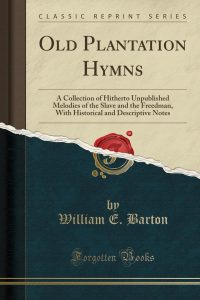 Did you know that there’s an old plantation hymn that Catholics traditionally sing in church on Good Friday? The hymn was composed in the 19th century by African American slaves and was first published in 1899 by William Eleazar Barton in his hymnal, Old Plantation Hymns. Here’s the first verse of the hymn:
Did you know that there’s an old plantation hymn that Catholics traditionally sing in church on Good Friday? The hymn was composed in the 19th century by African American slaves and was first published in 1899 by William Eleazar Barton in his hymnal, Old Plantation Hymns. Here’s the first verse of the hymn:
 I graduated from high school in 1975 (45 years ago). The school I attended was in a rural area of Peoria County. Most of the students in the school were from families in which at least one parent worked in a blue-collar job, such as manufacturing or the building trades. I came from one of those families.
I graduated from high school in 1975 (45 years ago). The school I attended was in a rural area of Peoria County. Most of the students in the school were from families in which at least one parent worked in a blue-collar job, such as manufacturing or the building trades. I came from one of those families.
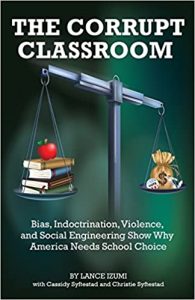 Earlier this month, Illinois state lawmakers put the final nail in the coffin for the destruction of the minds and souls of children in Illinois who are being educated in the public school system. What I’m going to discuss here today should shake you to your core. What happened in Illinois this month is the completion of a major phase of the Luciferian plan that was put into place more than 50 years ago, which began with the banning of prayer in the public schools.
Earlier this month, Illinois state lawmakers put the final nail in the coffin for the destruction of the minds and souls of children in Illinois who are being educated in the public school system. What I’m going to discuss here today should shake you to your core. What happened in Illinois this month is the completion of a major phase of the Luciferian plan that was put into place more than 50 years ago, which began with the banning of prayer in the public schools.

